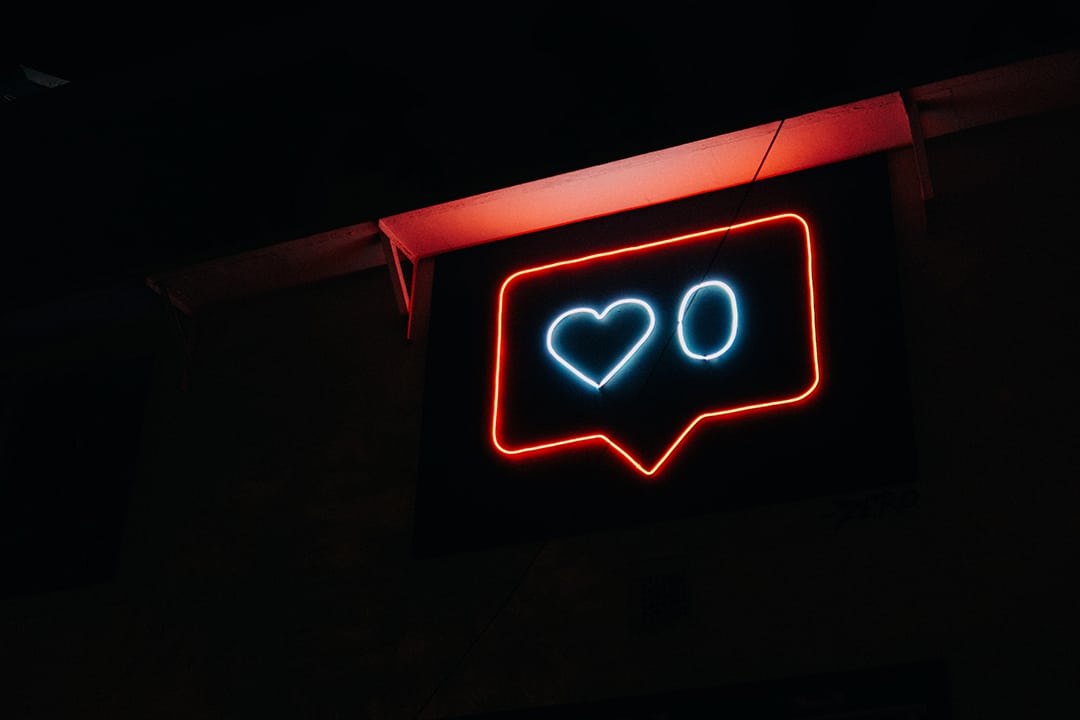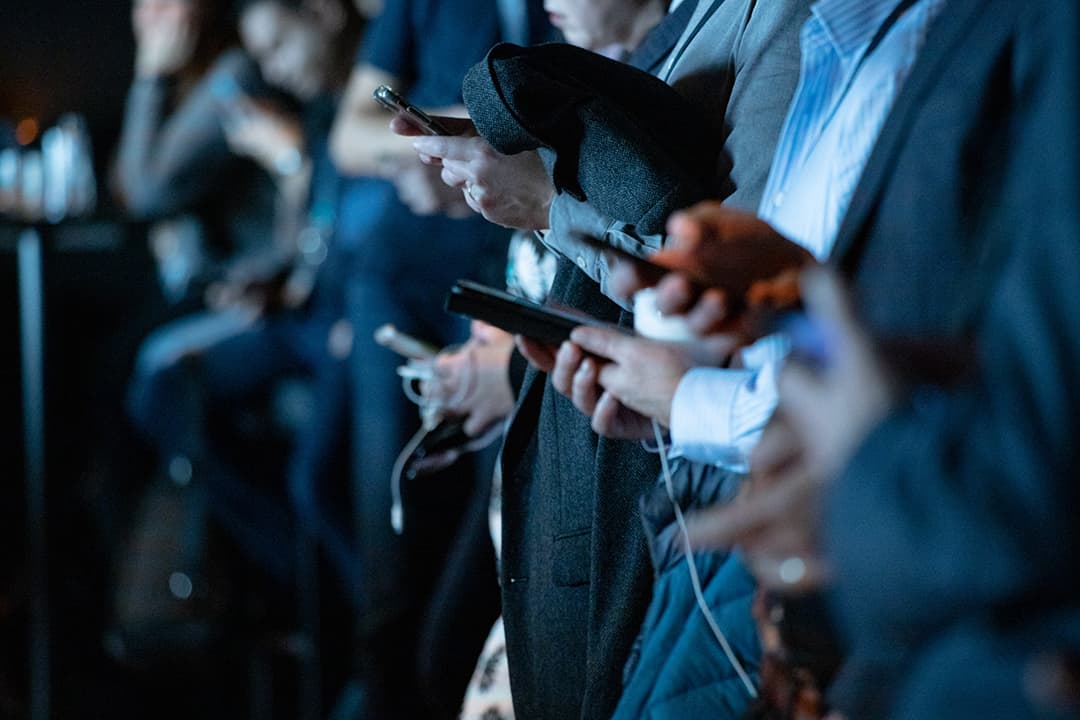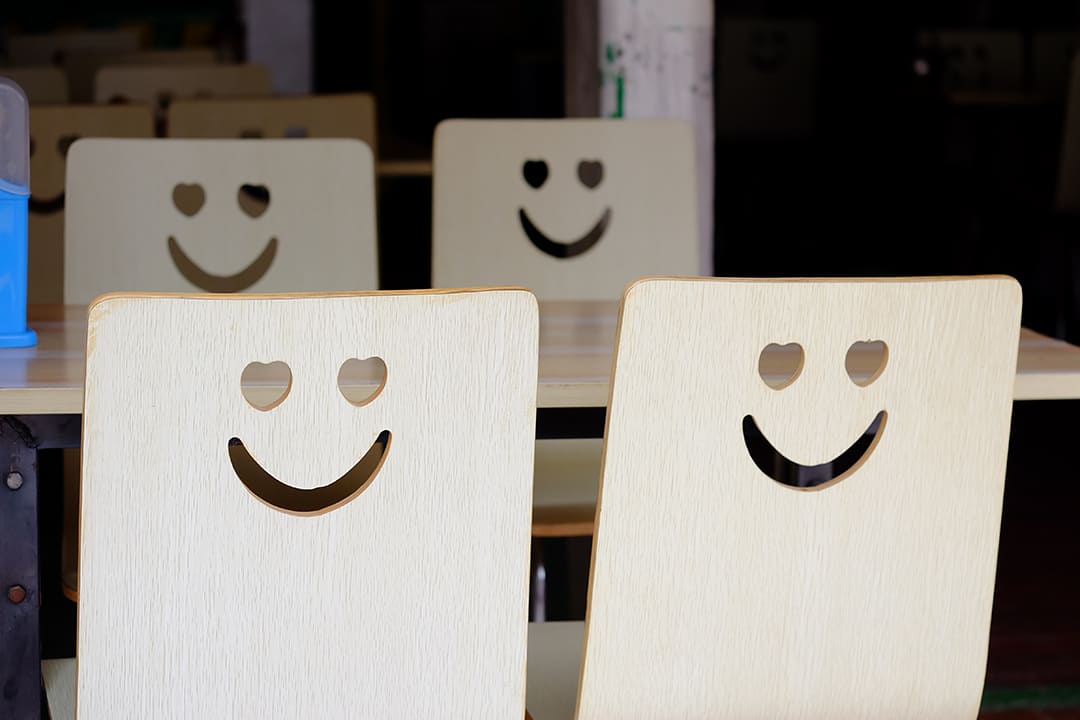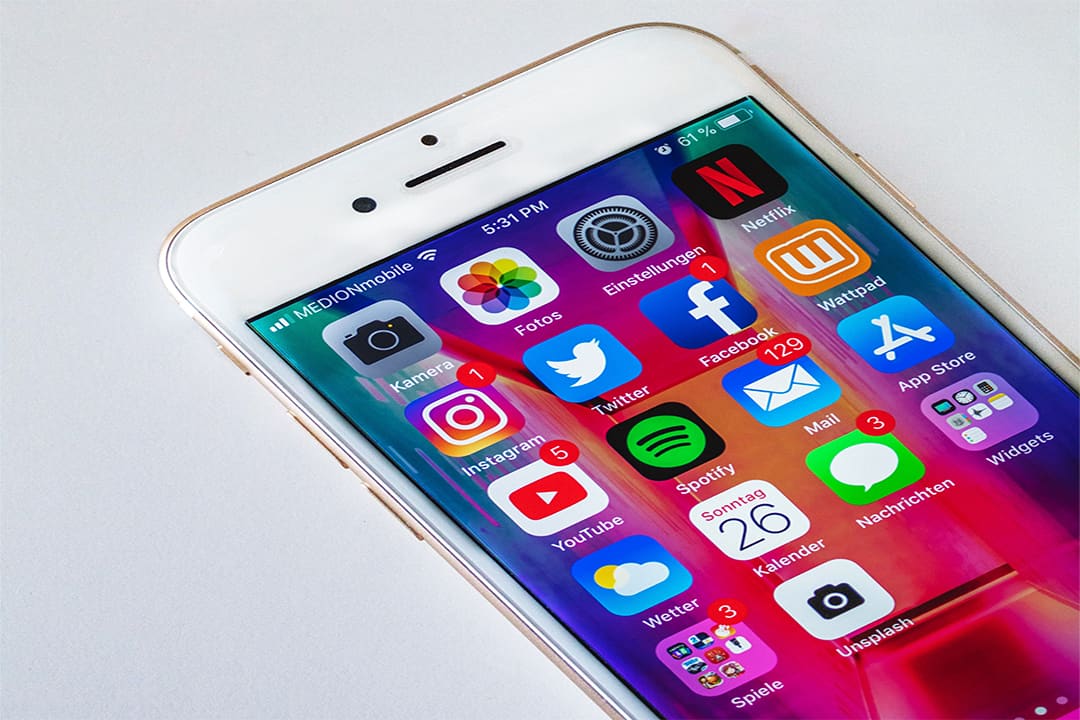The positive and negative effects of social media – finding the balance.
Social media. What comes to mind for you with those two words?
Over the past few years social media has begun to have an increasingly great presence in our lives. Our digital existence tends to form a big part of our identity and this can have both positive and negative effects on our mental health. This is in addition to the effect that social media can also have on the way that we think. However, it is possible for us to embrace the positivity that social media can bring whilst also protecting our mental health from the negativities.

Social media is often criticised for the impacts it tends to have on individuals, communities and other groups. We will be looking at the negative influence that social media can have on the individual and how this can potentially be prevented.
- Social media can often lead to comparison and feelings of inadequacy.
When we look at others’ lives, we can often begin to develop a feeling of not being good enough. This can manifest in a wide variety of forms. We may feel inadequate in comparison to others because of their physicality, perhaps their positive mental state and spirituality, the lives they lead or even the extent of their religious commitment. Looking at the surface of what people show us and imprinting within ourselves that this is their whole self can have a dangerous effect on us.
We idealise other people’s lives although we only see what they choose to show us. This can affect what we think of ourselves, as, through comparison our self-esteem can be badly impacted. In order to protect our mental health from this damage it is important that we remember that not everything that we see is true; online presences do not accurately reflect people’s lives. In addition to this, we must not compare ourselves to others, Allah (SWT) has made you the person that you are and your self is worth something. Be satisfied with your living and do what you can to strive to be better, but do not dwell too much on others, and do not render yourself inferior!

- Social media can lead to the development of new social norms which may be self-destructive.
New social norms that are developed online can have negative effects on our mental health. The ‘tide pod challenge’ developed recently where teenagers were filming videos of themselves consuming ‘tide pods’ which contained dangerous chemicals. This illustrates the extent to which social media can influence the way that we think. Possible causes may be peer pressure, feeling a need to fit in or purely seeking out a more ‘exciting’ self-representation. As a result of this individuals can begin to lose their sense of identity. By blindly following social norms we can essentially lose a sense of who we are. Once again, in order to protect ourselves from these effects we can make clear in our own heads what our values are and what we think is right and wrong. Regardless of what others are doing, we should stay on the right side of our line. In addition, we can also try to limit our time on social media in order to avoid being so greatly swept up by new norms.
- We can be led to investing our happiness in ‘likes’ which alters our self-perception.
Often we get so immersed in a digital world we begin to place our self-worth in the hands of our ‘followers’ and online friends. We see our value as being defined by the amount of likes we get on our photos or the number of positive comments received. However, this means that if we are not receiving this, our own self-image is negatively affected. We must remember that we are not a reflection of our likes and comments. We are good enough. We must remove this lens because we can see clearly on our own.

Although it is apparent that social media can have a range of negative influences on us, there can also be positive influences. For example, by following pages advocating positivity and spirituality we are able to surround ourselves with positive influences. We are able to utilise social media in cultivating a progressive mental state. Furthermore, social media can also provide us with a platform for our knowledge to reform and for us to raise our voices about what we believe to be correct.
Young people in particular, but not only restricted to, can be exposed to new points of view and information that they otherwise may not have been provided with or take seriously. For example, the stigma surrounding mental health itself has been greatly tackled through social media. Thus, we are able to learn more and develop as people as a result of the platform that is provided by social media.

Therefore, so long as we take the measures to contain the negative influences of social media, we are able to embrace its positivity and benefits. It is important to use it in moderation and prevent it from completely taking over our lives. Reap the positive influences but remember that you are more than your digital self.





Salam jazakallah for very useful information it is good to think there’s people there they think of other people’s once again thank u god bless u keep up with good work
JazakAllah Khayran for your feedback! May Allah (SWT) reward you, Ameen.
Salaam,
Thank you very much!
Wasalaam, JazakAllah Khayran for your feedback! May Allah (SWT) reward you, Ameen.
There are the social and practical issues too. The apps and services are designed to be as user unfriendly as necessary to keep users’ time on line for some revenue that the social media companies may be getting from it. Some of them blatantly expose users to ads. Some don’t obviously display ads but have something else maybe to subliminally expose users to something in those apps/services. But developers and their venture capitalist backers are gaining from forcing us to make many clicks to achieve one task that could and should done from much fewer than happens. Would you like to see my 4 Gates of Social Media to help manage its usage?